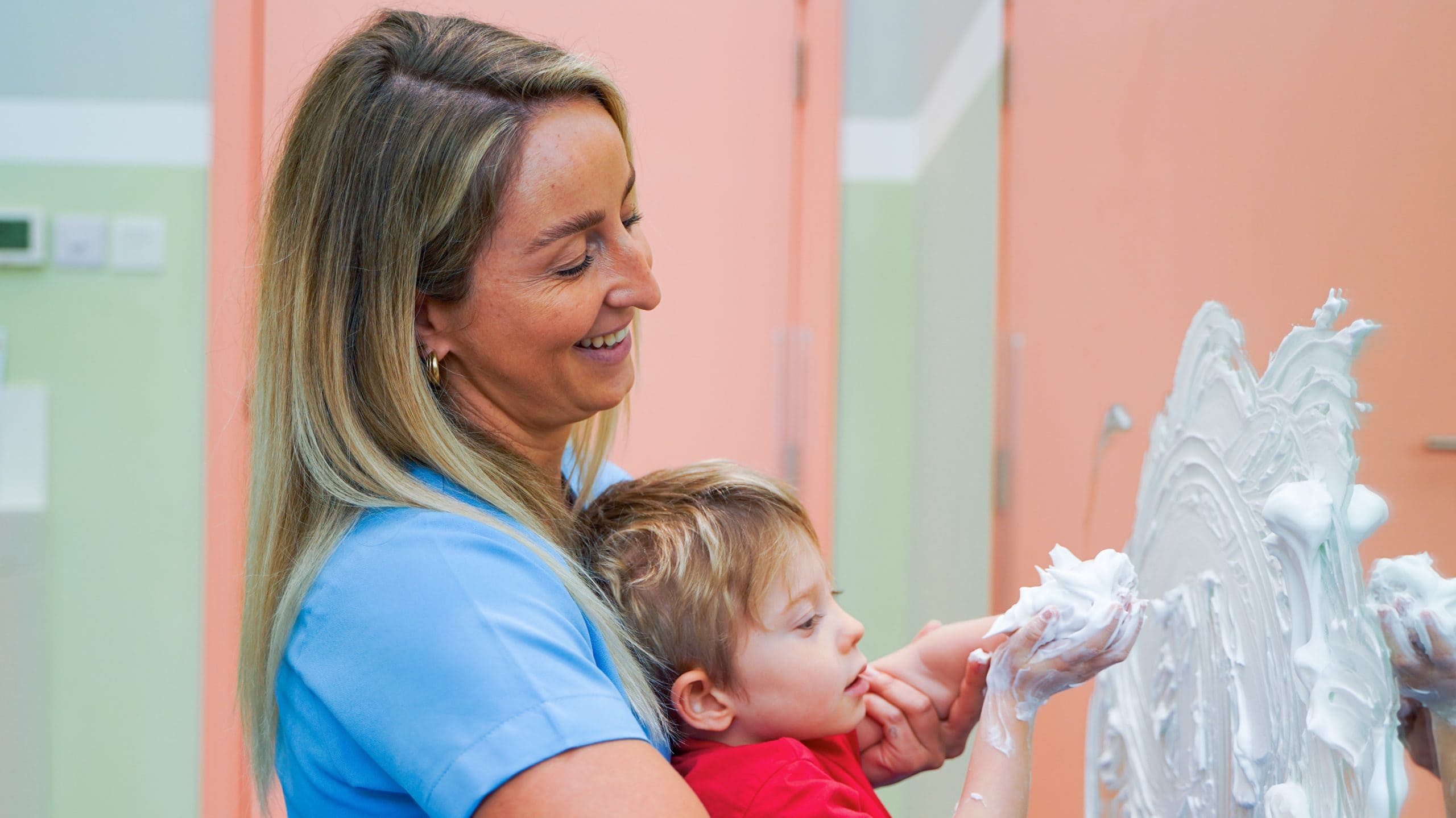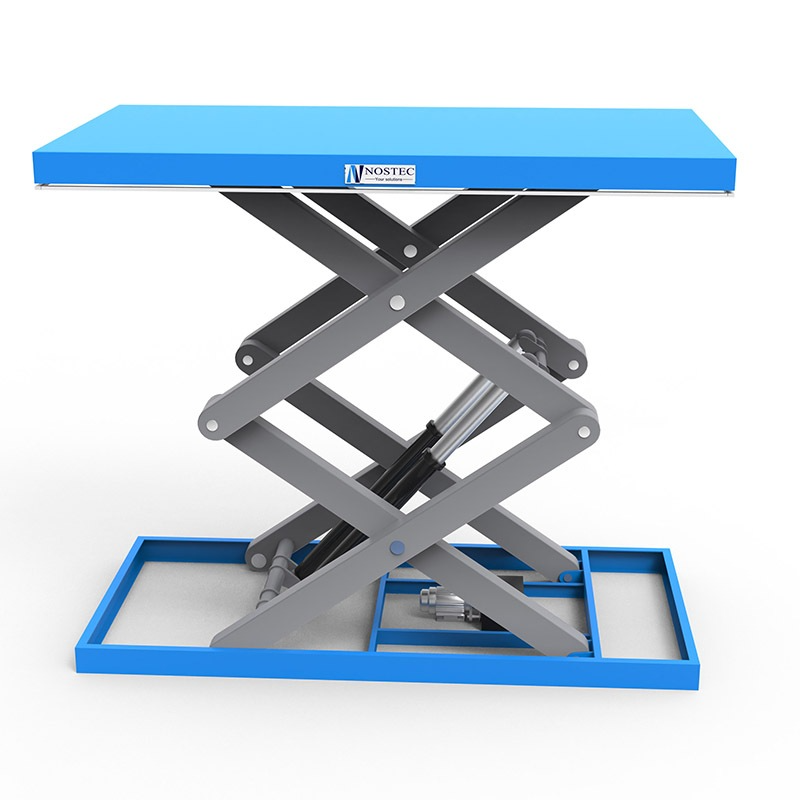Early intervention means giving support to babies and young children who show signs of delays in how they move, speak, or learn. It often starts before a child turns three.
These early years are when the brain grows quickly and learns the most. During this time, kids begin to develop important skills that will help them later in life. One of the ways young children are supported is through pediatric physical therapy, which helps them move better and gain strength.
Why Time Matters:
Young children grow and learn very fast. If a child is not reaching milestones like crawling, walking, or using their hands to play, helping them early can improve how they move and interact with the world around them. The sooner support begins, the better the chances are for progress. Even waiting a few months can make it harder for a child to catch up, especially in their first years.
How Early Help Supports Families:
When a child struggles, families often feel worried and unsure of what to do. Early intervention helps both the child and the family by giving them support and guidance. Parents learn new ways to help their child during daily routines, like playtime or getting dressed. This gives them more confidence and helps the child feel more comfortable as they grow.
The Role of Pediatric Physical Therapy:
Pediatric physical therapy is often part of early intervention for children who have trouble with movement. Therapists work with children to help them learn to sit, crawl, stand, and walk. They use play-based activities that feel fun and natural to the child. This kind of support can also help with balance and coordination, making everyday tasks easier for the child over time.
Building Skills Through Play:
Children learn best through play. Early intervention programs use fun and simple games to teach new skills. These activities help with not just physical growth but also with learning and social development. The more a child practices, the better they get, and starting early gives them more time to learn.
Every day in a young child’s life is a chance to grow and learn. When children get help early, they often gain skills that stay with them as they get older. Small steps taken each day can add up to big changes. That’s why starting early, even if a child only shows mild delays, can have a lasting impact.



